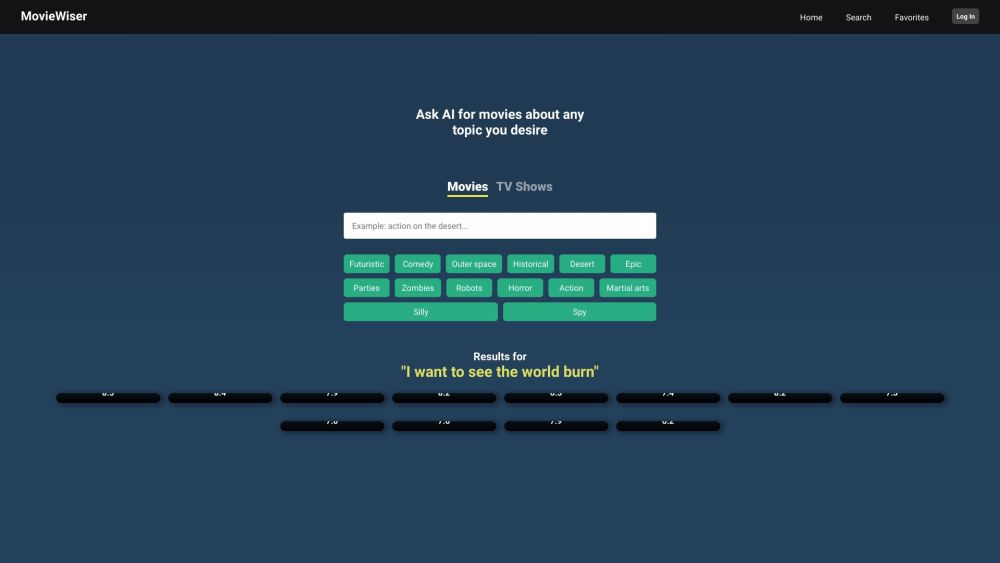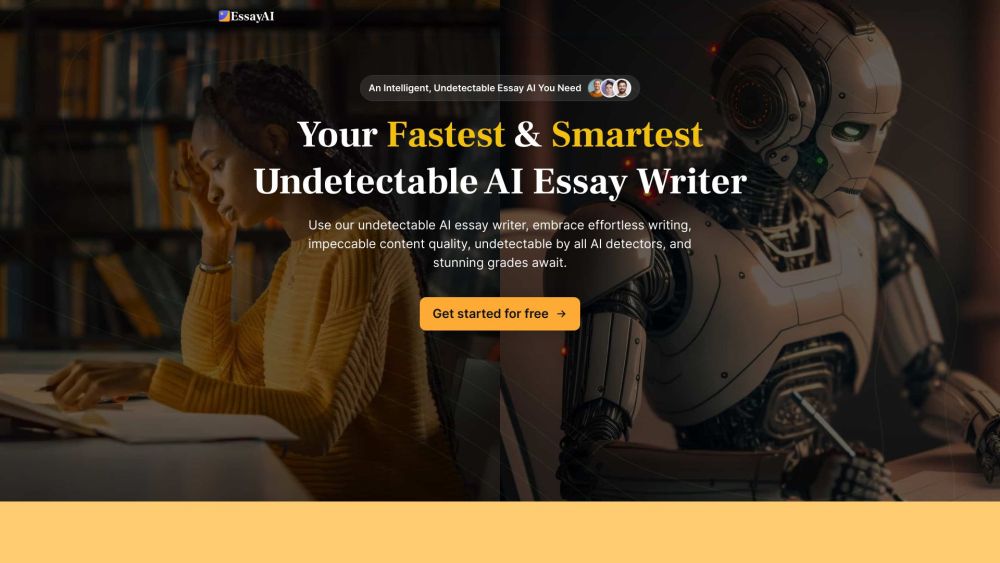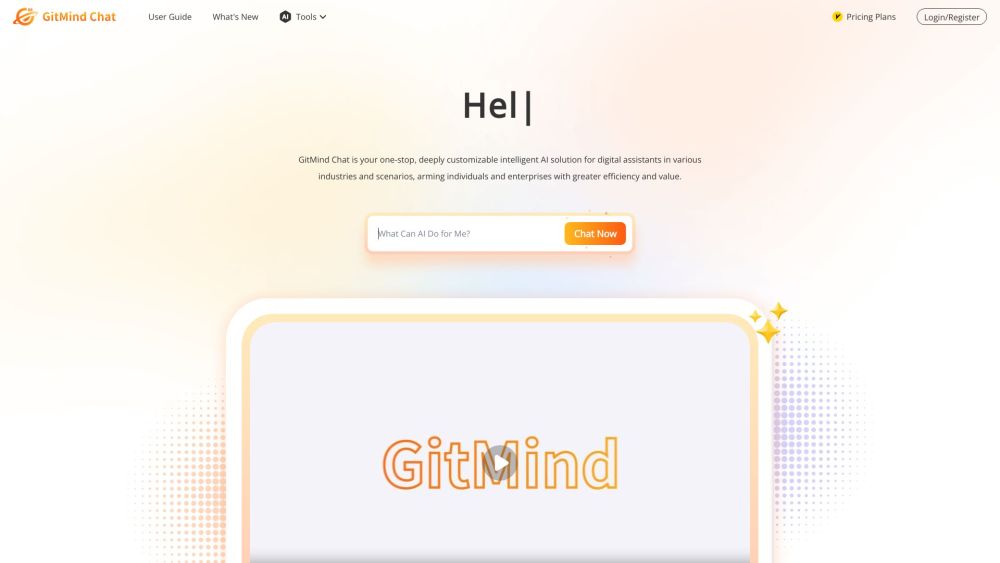OpenAI's revamped ChatGPT Voice Mode, backed by the new GPT-4o model, offers users a more natural and real-time conversational experience with the chatbot. However, OpenAI has cautioned against the risk of users developing emotional dependency on the updated audio features. The company warns that some users may anthropomorphize the chatbot, attributing human-like behaviors to it and forming social relationships that could lead to reduced human interaction.
During testing before the model's release, OpenAI observed testers displaying signs of forming emotional connections with ChatGPT. While this behavior may seem harmless, the company emphasizes the need for further investigation into its long-term effects. Some users might develop excessive trust in the chatbot's outputs, potentially influencing social norms and risking emotional reliance on the AI.
Despite the benefits for lonely users, extended interactions with ChatGPT could have unintended consequences. The model's ability to remember user information and preferences across chats could lead to over-reliance on the chatbot, disrupting normal social interactions. OpenAI acknowledges the potential risks associated with emotional dependency and plans to explore how integrating the model's features with the audio modality may impact behavior.
The GPT-4o system card, unlike previous publications, provides a detailed safety analysis of the model. OpenAI evaluates its risk potentials and persuasiveness, with the model scoring medium on risk but low in cybersecurity threats, biological threats, and model autonomy. The voice features of GPT-4o were found to be not more persuasive than human interactions during testing, highlighting the AI's limitations in generating content that surpasses human persuasiveness.
In addition to assessing persuasiveness, OpenAI also tested GPT-4o's ability to identify speakers, generate unauthorized voices, and create disallowed content. The company has implemented safeguards to mitigate potential risks associated with the model's functionalities. Moreover, GPT-4o leverages proprietary data from OpenAI's partners to enhance its capabilities, enabling faster response times comparable to human interactions.
Overall, while ChatGPT Voice Mode offers a more interactive experience, users should be mindful of the potential emotional dependency risks associated with anthropomorphizing the chatbot. OpenAI continues to investigate and address these concerns to ensure the responsible use of AI technology.





